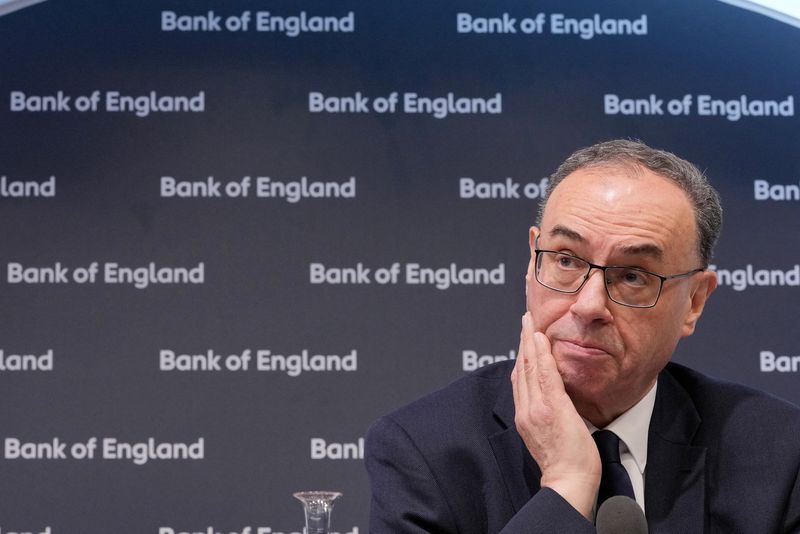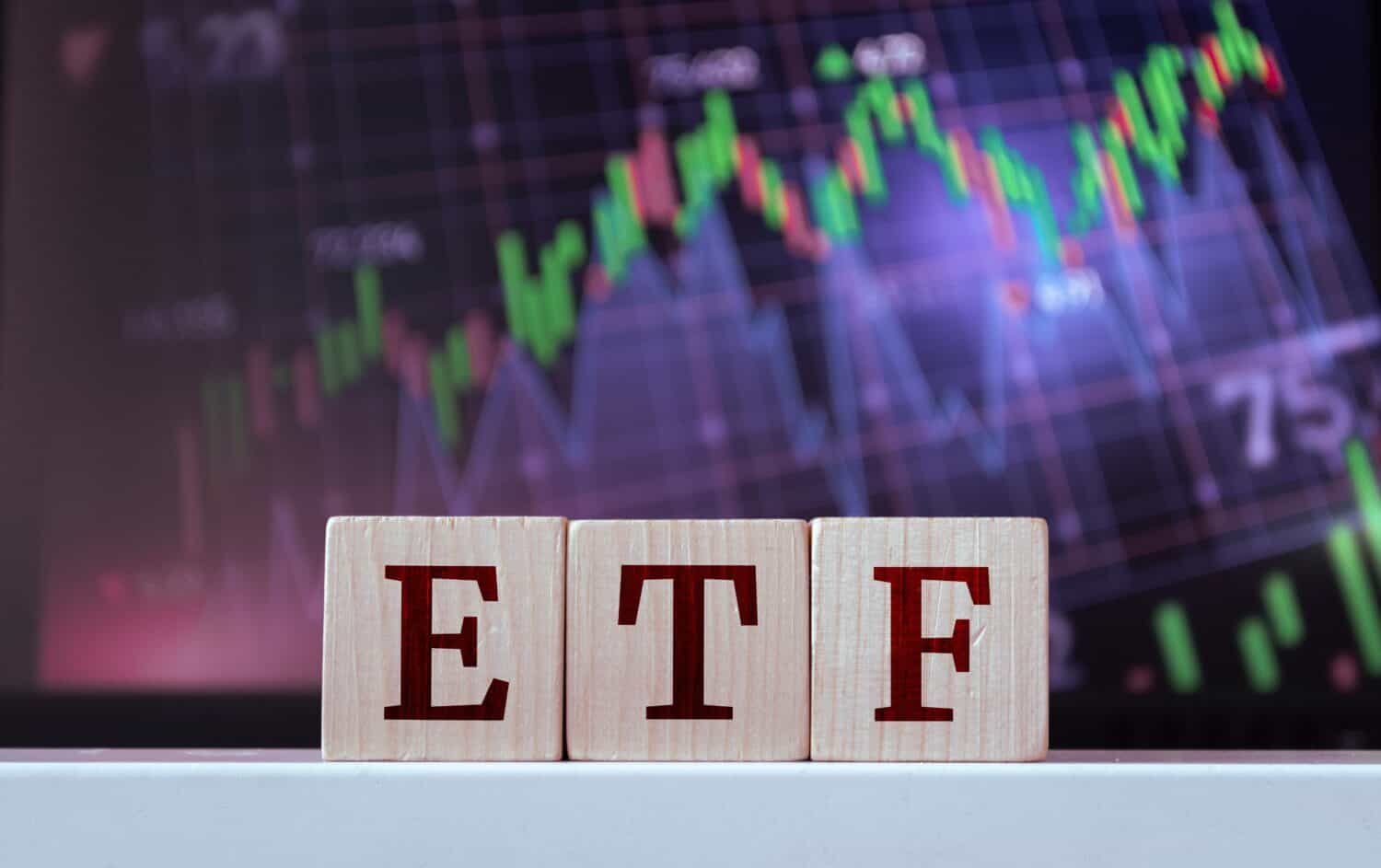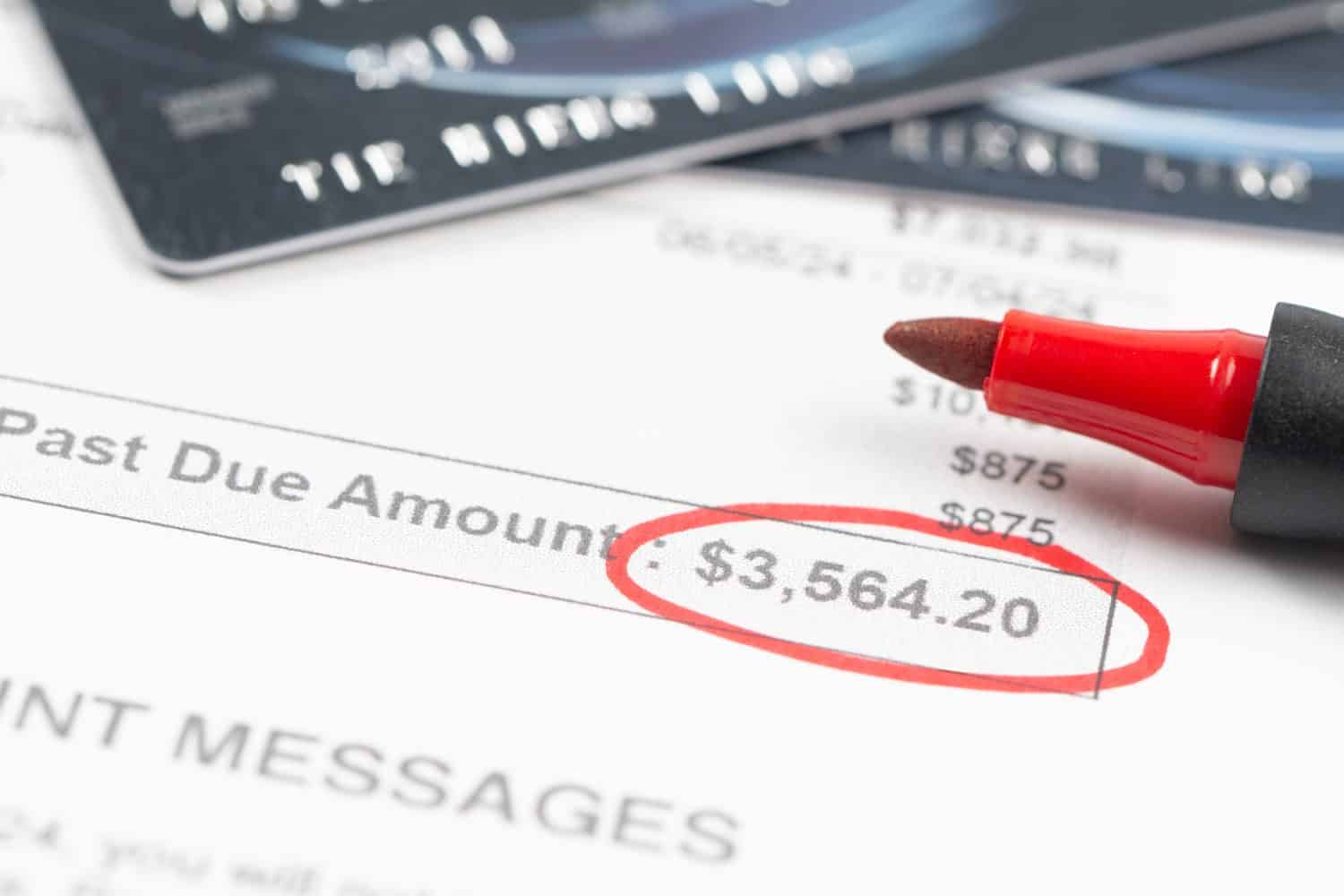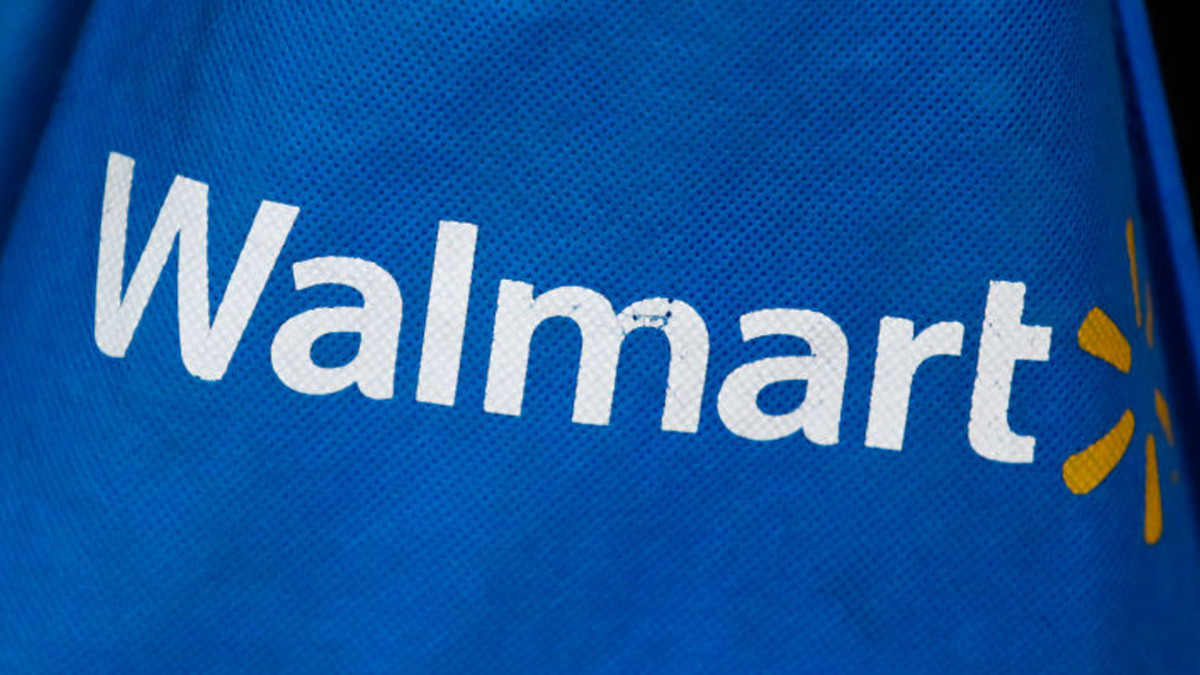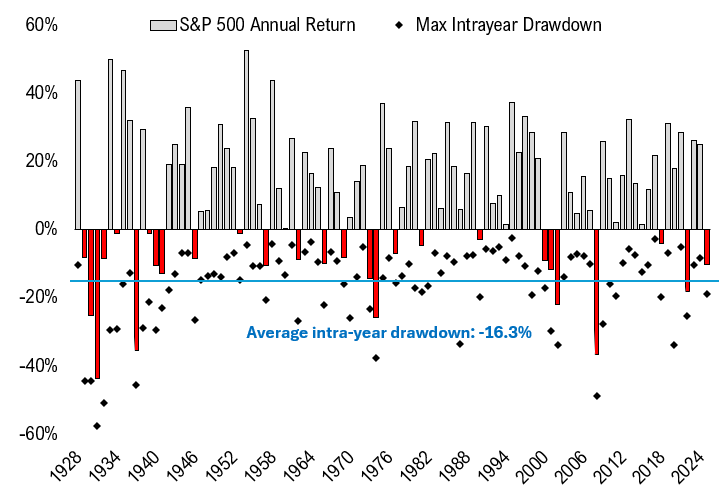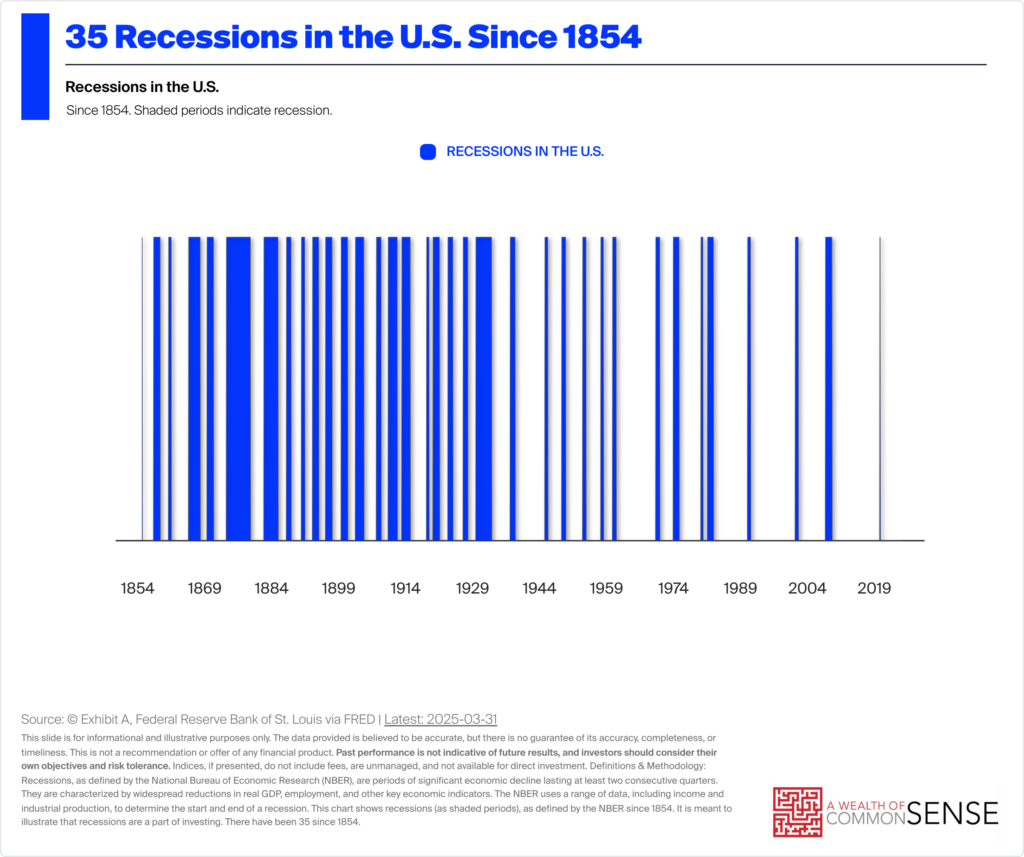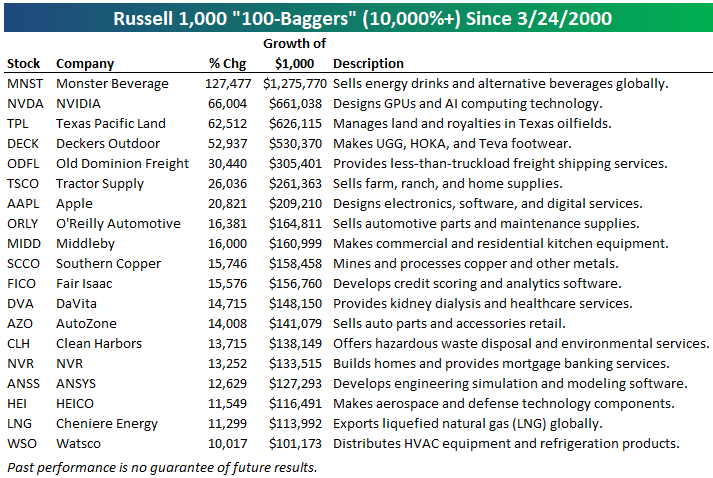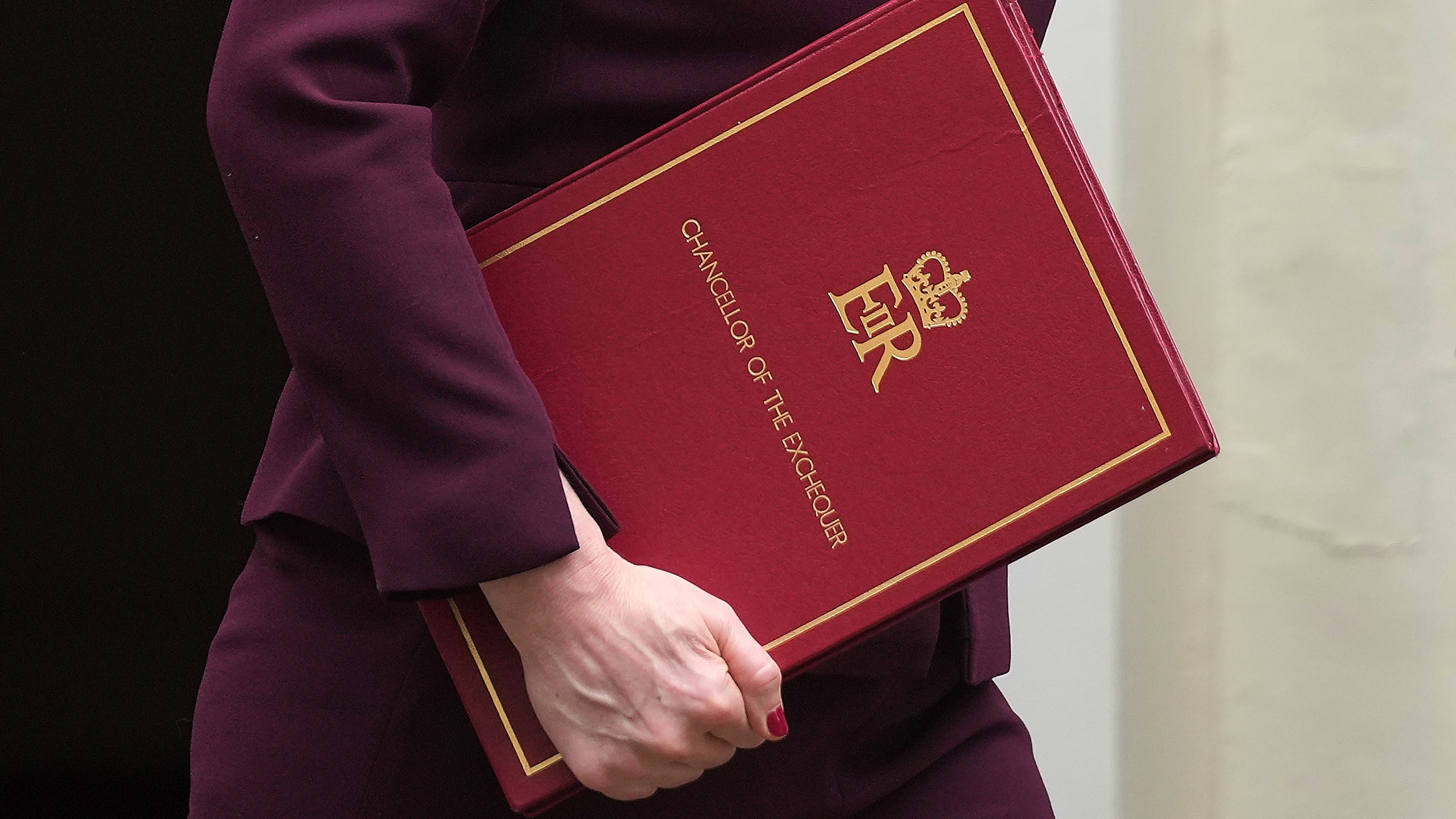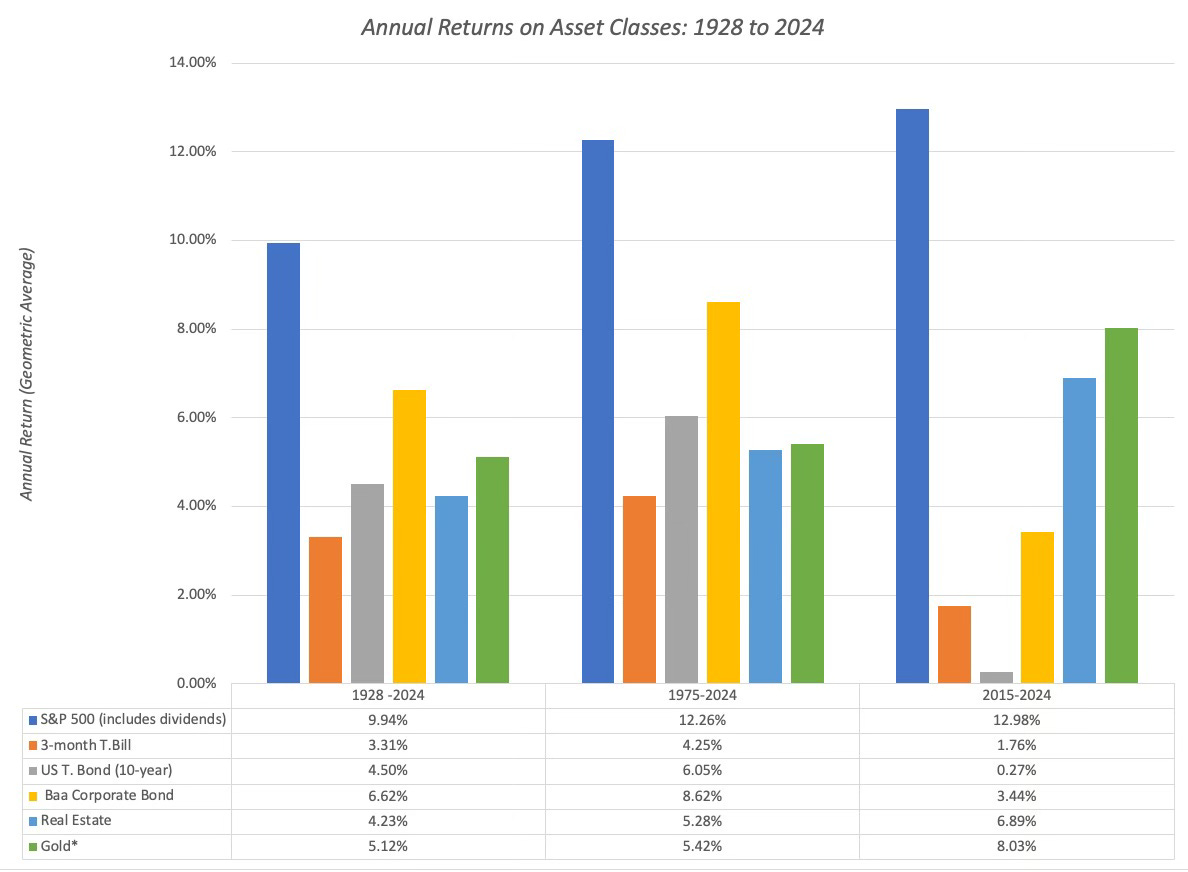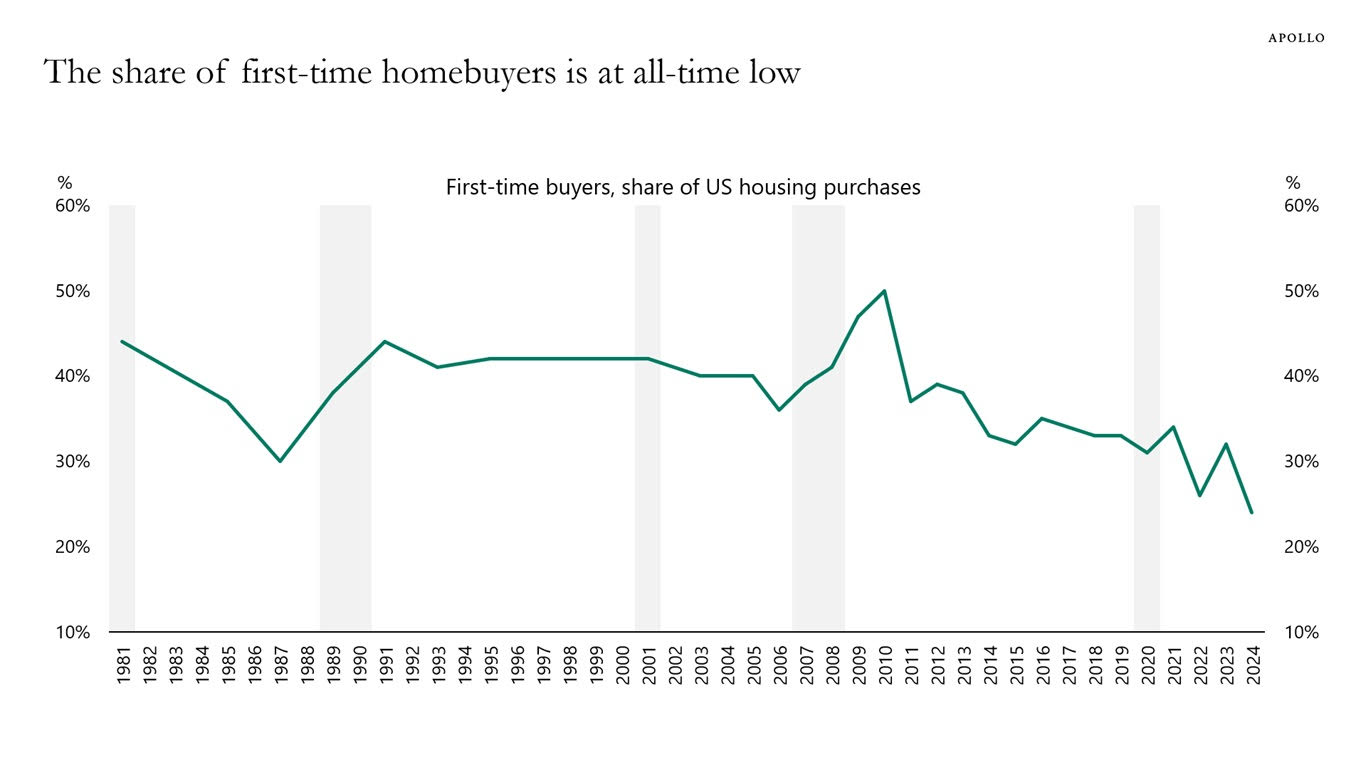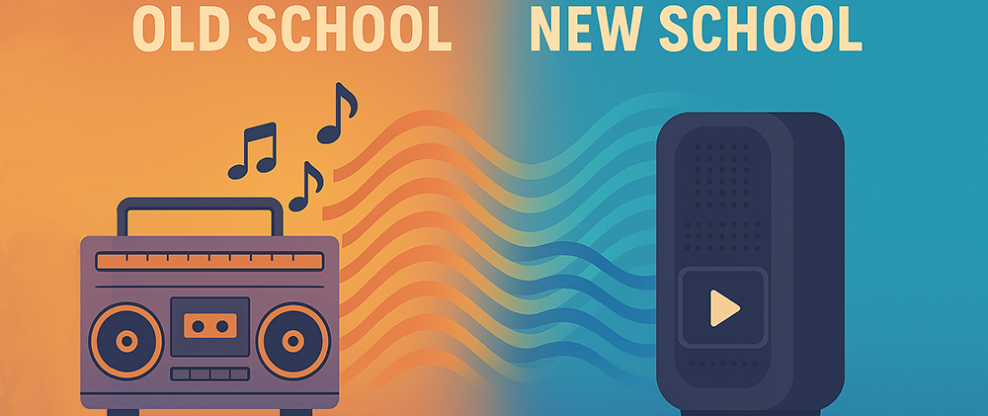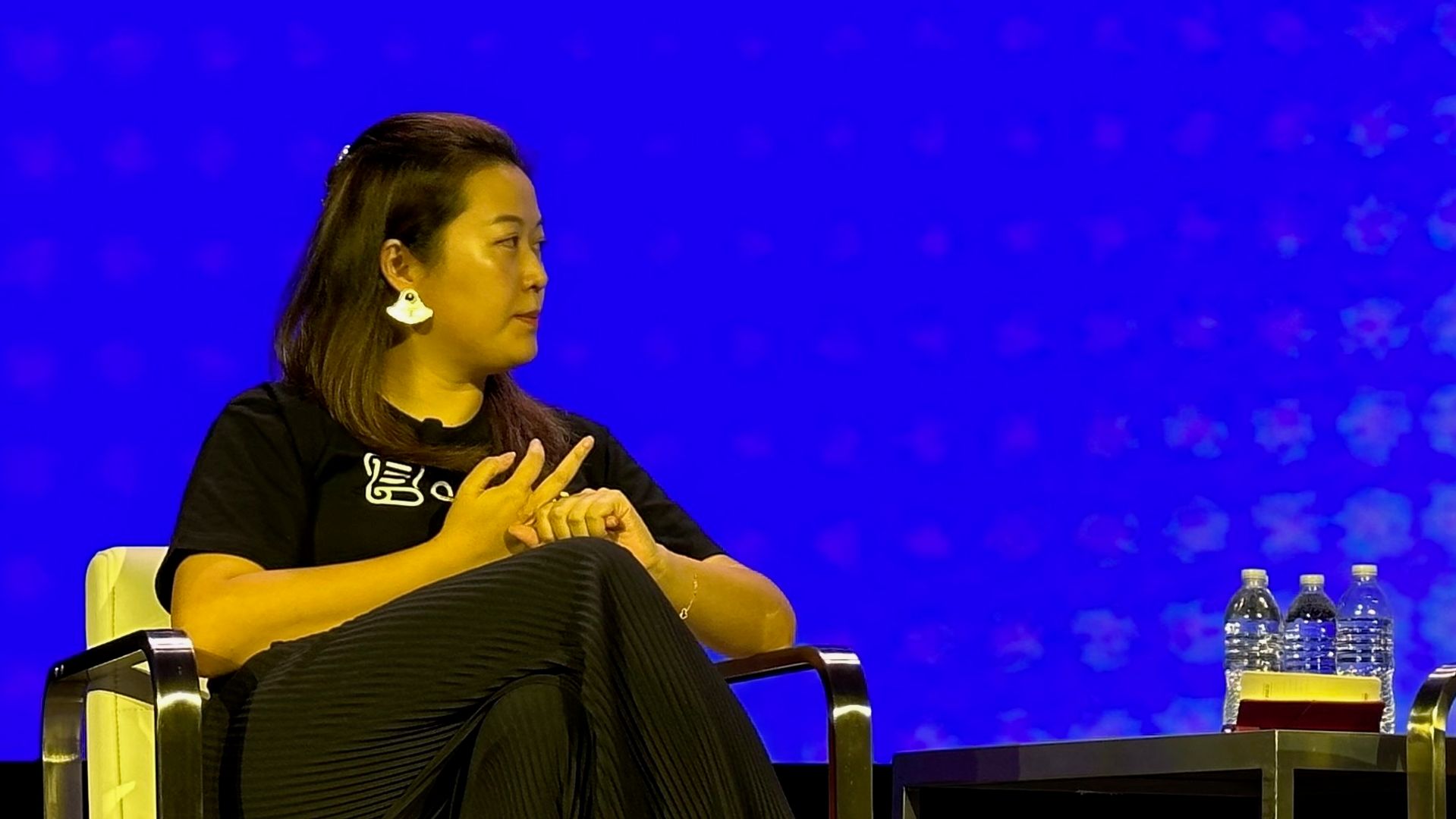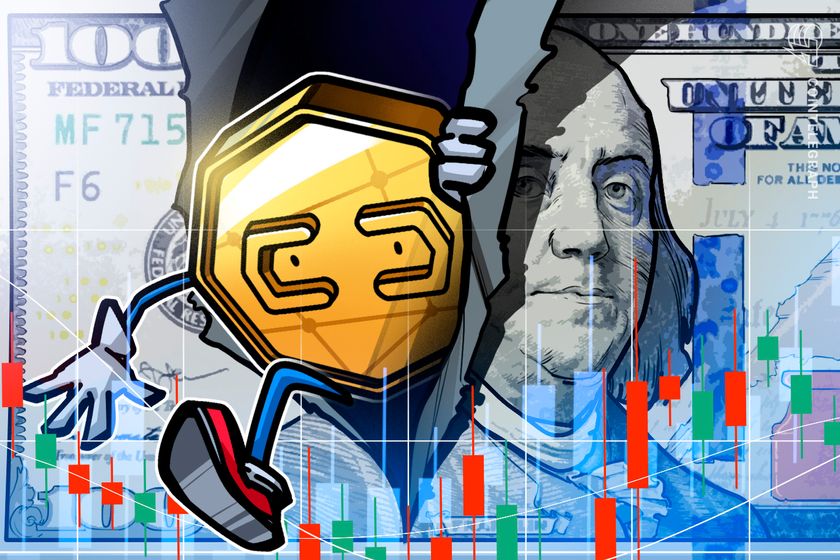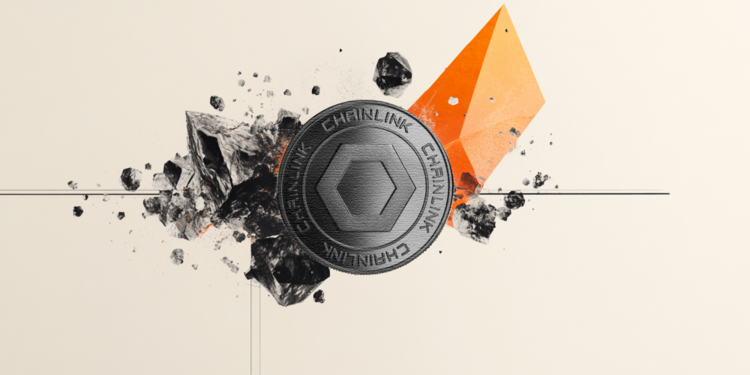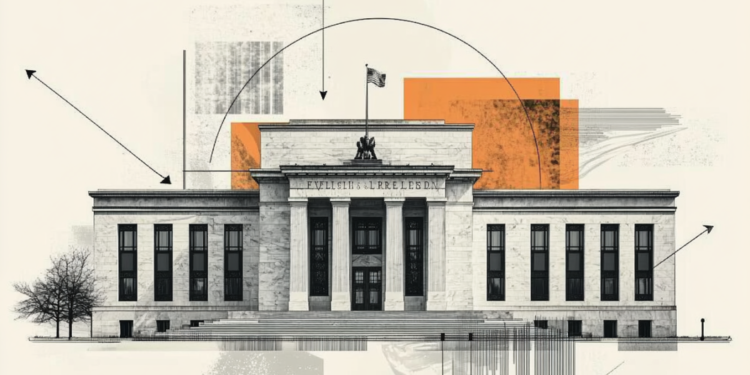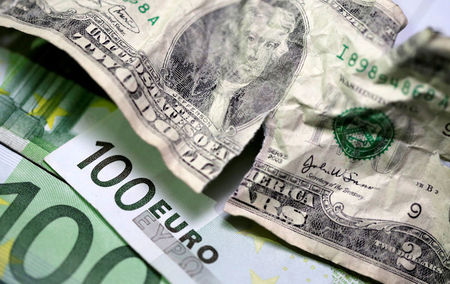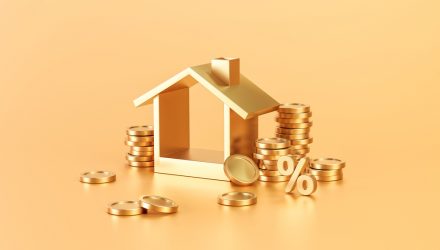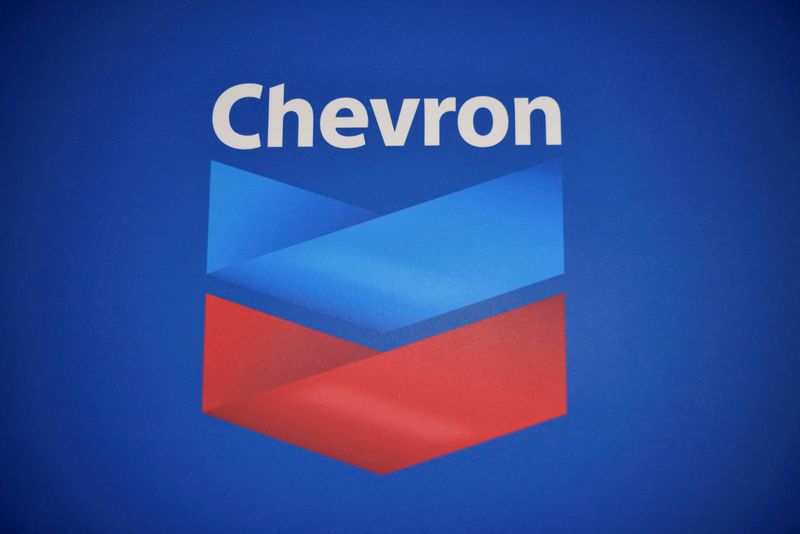Should I Tap My 401(k) For a Loan If a Recession Hits?
Many people who weren’t worried about a recession at the start of the year are concerned about one now. Tariff policies have people on edge. There is a fear that they will lead to higher prices, which could fuel a broad decline in consumer spending. During recessions, unemployment levels tend to soar. And you […] The post Should I Tap My 401(k) For a Loan If a Recession Hits? appeared first on 24/7 Wall St..
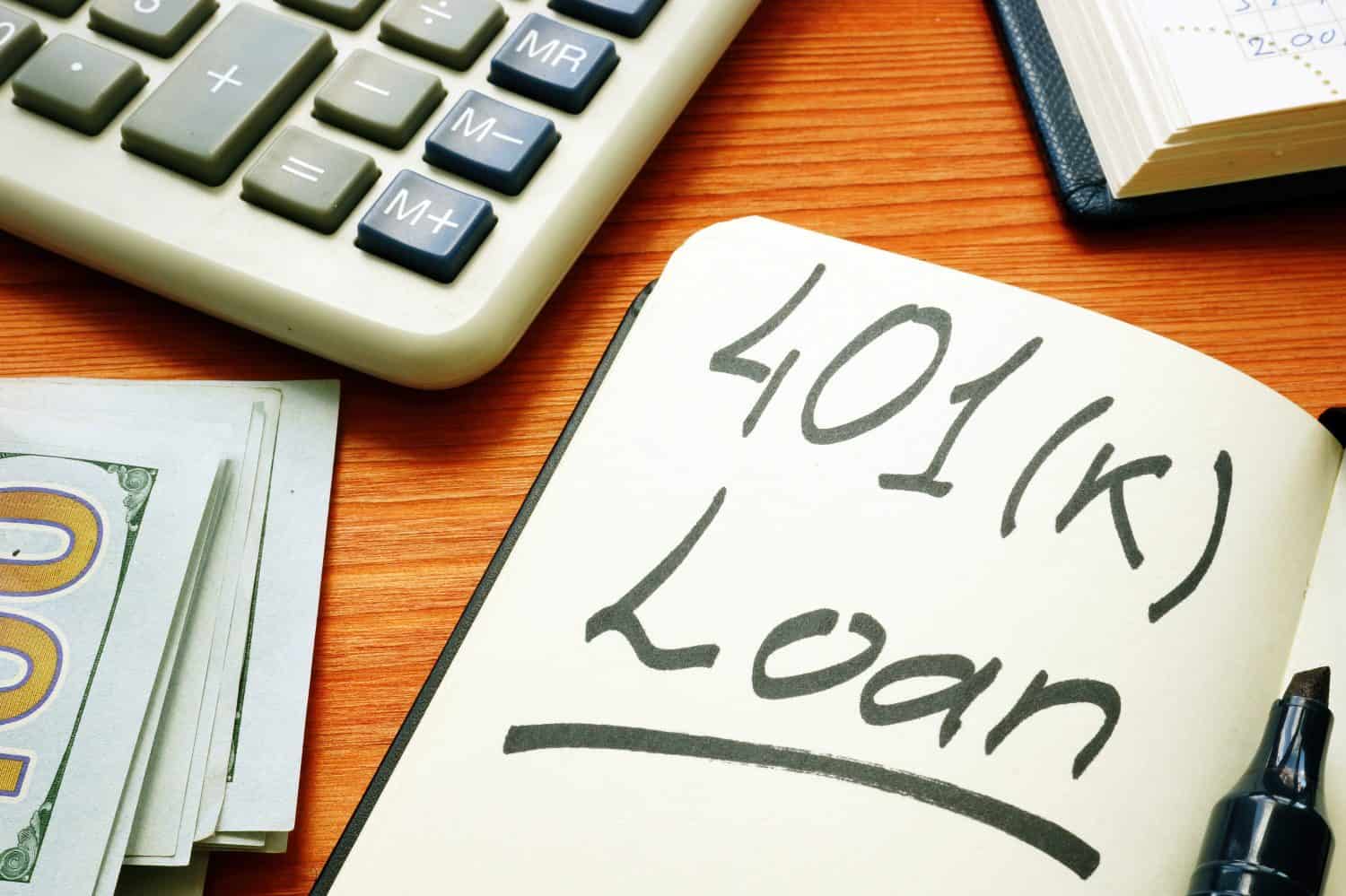
Key Points
-
A lot of Americans today are worried about a recession.
-
It can be tempting to take out a 401(k) loan when you need money.
-
You should know that this could be a very risky means of borrowing.
-
Are you ahead, or behind on retirement? SmartAsset’s free tool can match you with a financial advisor in minutes to help you answer that today. Each advisor has been carefully vetted, and must act in your best interests. Don’t waste another minute; get started by clicking here.(Sponsor)
During recessions, unemployment levels tend to soar. And you may end up in a situation where your spouse or partner loses their job due to a general economic downturn and your household needs money to pay the bills.
If that’s the case, and you end up needing money, you may be inclined to borrow against the balance in your 401(k). But that’s a move you might end up regretting.
How a 401(k) loan works
A 401(k) loan works the same way as a regular loan. You borrow a sum of money that you repay in installments over time. Only instead of repaying a lender, you’re paying back your own account.
There are a few benefits of taking out a 401(k) loan. First, with a 401(k) loan, there’s no need for a credit check. Your loan is secured by the savings you’ve built for yourself. So poor credit shouldn’t stop you from qualifying as long as your retirement plan offers that option.
Also, while you do typically have to pay interest on a 401(k) loan, you’re paying the interest back to yourself. You’re not losing money by paying interest to another party because that interest lands back in your account.
But despite these perks, there are drawbacks to a 401(k) loan you should know about before proceeding.
Why you may not want a 401(k) loan
While a 401(k) loan might seem like a good way to borrow money, there’s a risk. If you don’t repay that loan on time, it gets treated like a full-fledged 401(k) plan withdrawal.
At the very least, that means you’ll be taxed on that sum. And if you’re not yet 59 and 1/2 years old, you’ll face a 10% early withdrawal penalty on your unpaid 401(k) loan.
Also, if you end up leaving or losing your job, you’ll typically only have a couple of months to repay your 401(k) loan. And if you don’t, you could face the just-mentioned consequences.
Plus, you may not be able to contribute to your 401(k) plan while you’re paying back your loan. And the money you’ve borrowed can’t be invested until it’s repaid, which means you could lose out on growth.
That’s why you may want to explore alternatives to a 401(k) loan if you end up needing to borrow money during a recession.
If you own a home, you could borrow against its equity by either applying for a home equity loan or HELOC. If you don’t own a home but have decent credit, you can see if you qualify for a personal loan.
This isn’t to say that you absolutely shouldn’t borrow against your 401(k) if push comes to shove. But before you do, you may want to explore other options. And either way, it’s very important to understand the potential pitfalls you might encounter.
The post Should I Tap My 401(k) For a Loan If a Recession Hits? appeared first on 24/7 Wall St..





